“IT IS not just the responsibility but the right of every poet andwriter to speak freely, challenge the status quo and usher in social change in the world”, proclaimed the Indian poet, lyricist, screenplay writer and activist Javed Akhtar.
He was speaking after being honoured for his contribution to the world of letters, literature and culture with an honorary degree of letters (DLit) from the prestigious SOAS (School of Oriental and African Studies) University of London last Thursday (7).
Zeinab Badawi, the president of SOAS and a well-known media personality, awarded the degree at the convocation at Friend’s House, which was attended by graduates, post graduates, faculty and students’ families. The SOAS director, Professor Adam Habib, spoke about the vital need for knowledge exchange which can happen with widening of cultures, and how SOAS was honoured in honouring the writer.
Akhtar’s extensive work can be divided into four different segments. His monumental work in screenplay writing in partnership with Salim Khan shaped the angry young man persona of Amitabh Bachchan (in films including Sholay, Deewar, Trishul and others). His lyric writing, both for Hindi cinema and non-film albums, includes the historical collaboration with Pakistani singer Nusrat Fateh Ali Khan and his Urdu translation of Rabindranath Tagore’s works. His own Urdu poetry extends the lineage of seven generations of poets and writers in the family.

And last but not least, his activism and interventions in the playback industry, most notable being the amendment of the Music Copyright Act which disabled the monopoly of music companies and legally validated music rights to be shared by singers, lyricists and music composers.
Akhtar has also been nominated as a member of India’s parliament and has been conferred the Padmashri and Padmabhushan – some of the highest civilian awards by the government. Recently he has won the Prestigious Richard Dawkins award.
When he received an e-mail from the SOAS director announcing the honorary degree award, he had no information about the nomination. He called and asked me to check with SOAS if this was a genuine letter, which I did, and then started the well-planned machinery around the convocation and the dinner hosted in honour of the poet at the Senate House.
The son of poet Jaan Nisar Akhtar and writer Safiya Akhtar, and nephew of the radical Urdu poet Mazhar, Akhtar explained that poetry is born in the paradoxical space between complete passion and complete craft.
In his acceptance speech, he described the power of poetry to the students. “Good poetry is born in a no-man’s land between conscious and subconscious. It comes from the depth of the poet’s psyche and that is why it holds magic, charm and connects to the reader’s subconscious,” he said. Akhtar referred to important poets around the world who have turned their pens into swords, including Pablo Neruda of Chile, Mehmood Darvesh of Palestine, Nazrul from Bengal, Faiz from Punjab, and his own uncle Mazhar.
He also spoke of the Progressive Writer’s Movement, a revolutionary phase of literary history in India, “a pan-Indian literary movement, in which writers wrote in different Indian languages, against colonialism, economic exploitation and women’s empowerment”.
Addressing the students, he asked, “Is it just a coincidence that the fascist ideologies of the world have not been able to produce one major poet? That is because poetry is the language of love, peace, justice and equality. It offers beauty and solace but also sensitises the heart to injustice and sufferings of the world.”
The same evening, SOAS hosted an exclusive dinner in honour of Akhtar in the Senate House. He recited some of his poems (Mera Angan Mera Per, Yeh Khel Kya Hai and Waqt). The English translations were read by his wife, the legendary actress Shabana Azmi, and his actor-director son, Farhan Akhtar.
“On occasions like this we must remember it is the art that is honoured, not the artist,” Akhtar said.
“I am really humbled and overwhelmed by this honour. My first collection of poetry was translated in English by Prof David Mathews who taught in SOAS. I have visited SOAS for poetry events and discussions with students, also presented by Baithak UK.
“Life has been kind and I have been given many honours but few are very precious to me, definitely this award from SOAS and the University of London.”
Last Friday (8), MP Virendra Sharma hosted a reception at the House of Commons, to celebrate Akhtar’s achievements, as well as the Indo-UK arts and education relationship. It was organised by the National Indian Students and Alumni Union UK, the oldest and largest network of Indian students and alumni in Britain.






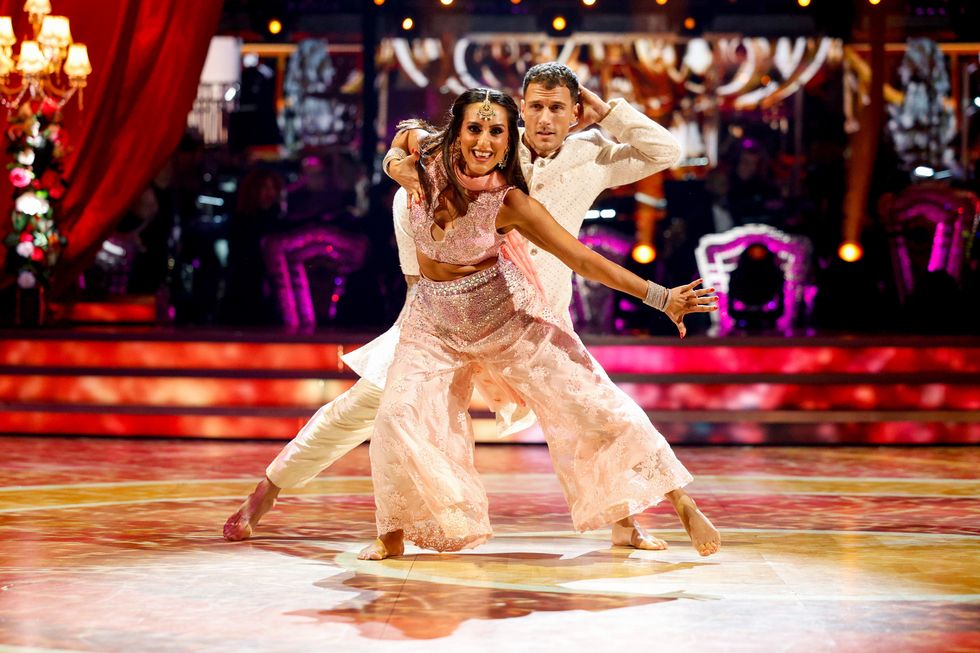 Krishan performing with Gorka Marquez on Strictly Come Dancing 2024
Krishan performing with Gorka Marquez on Strictly Come Dancing 2024 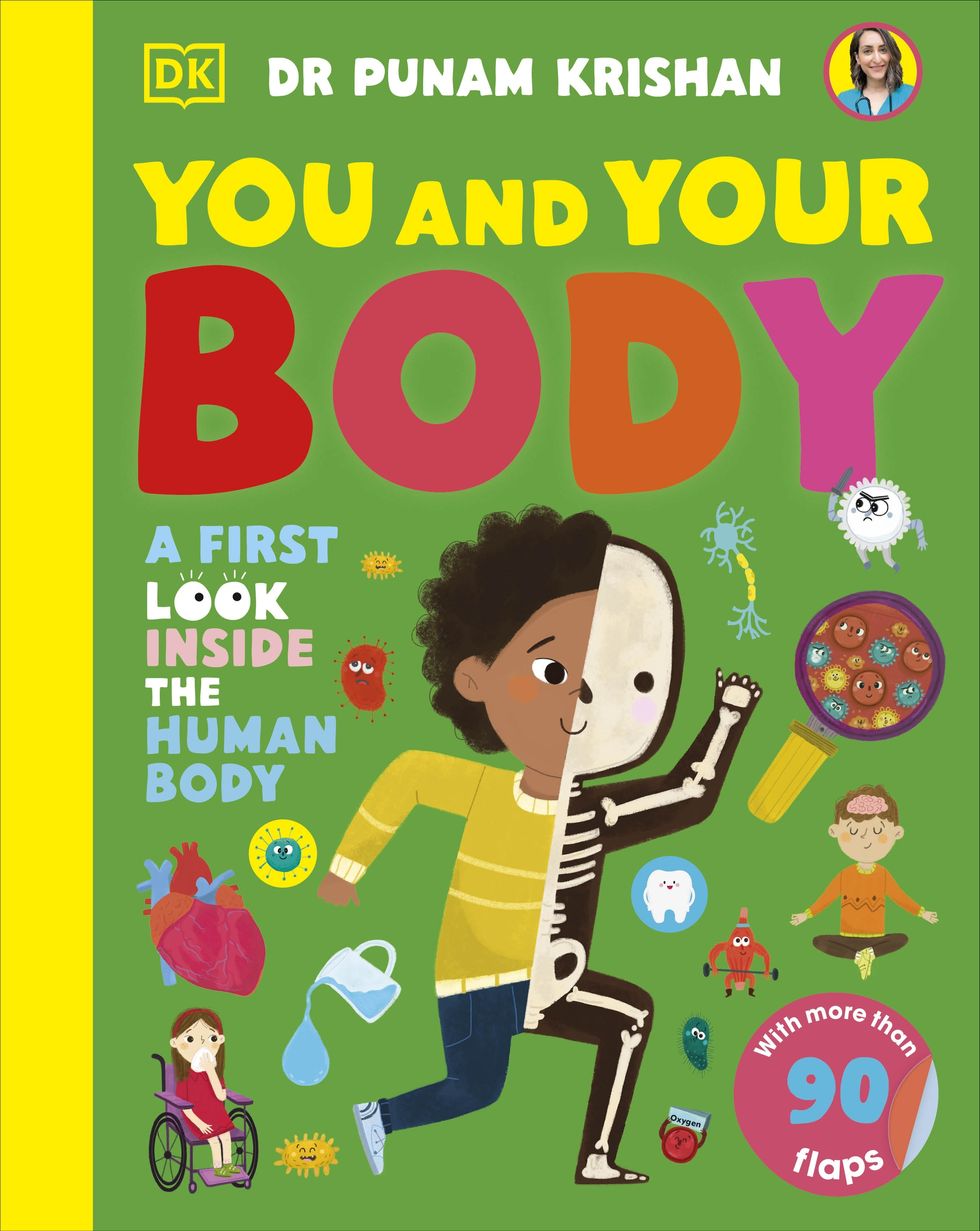 The cover of her book
The cover of her book 











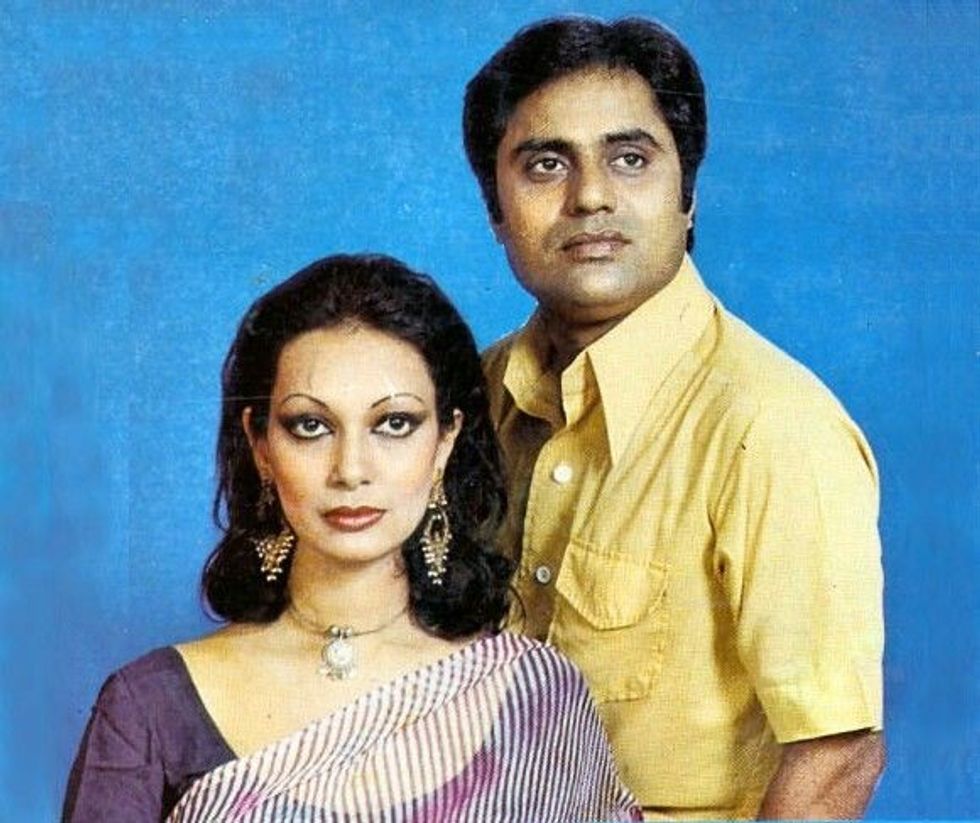 Singh with his wife Chitra Singh
Singh with his wife Chitra Singh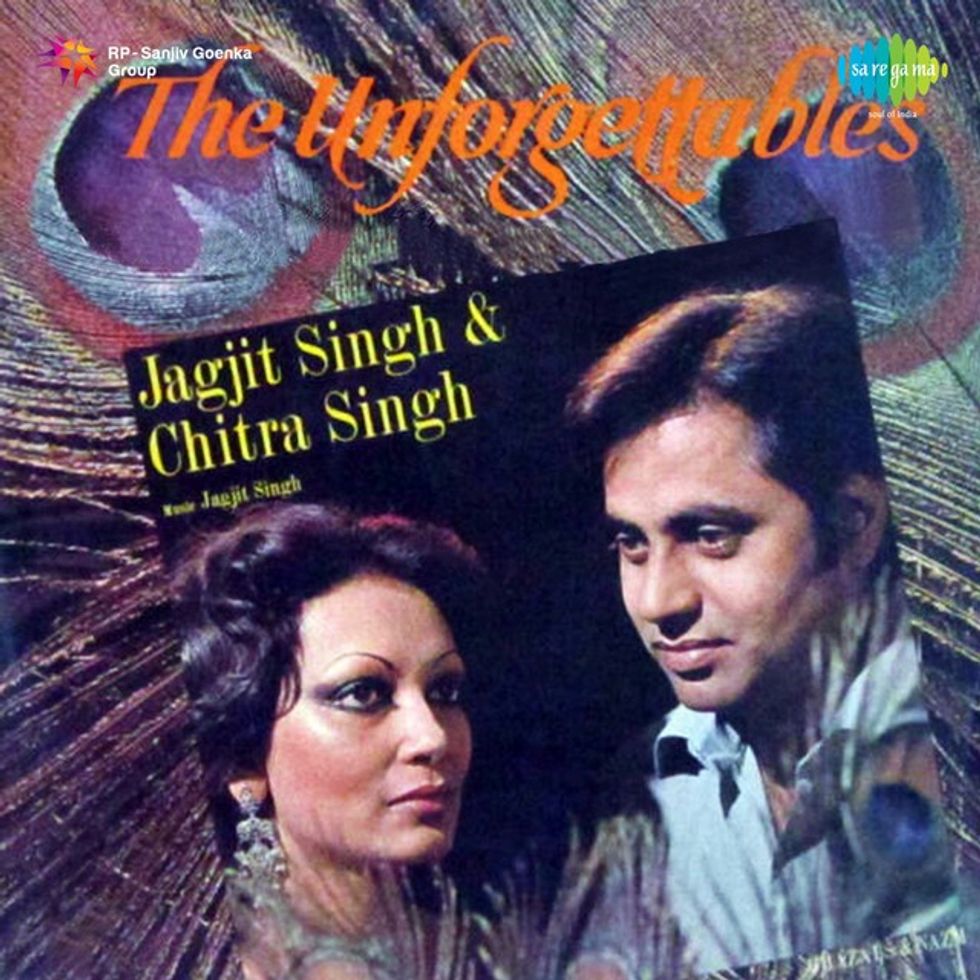 The Unforgettables on stage
The Unforgettables on stage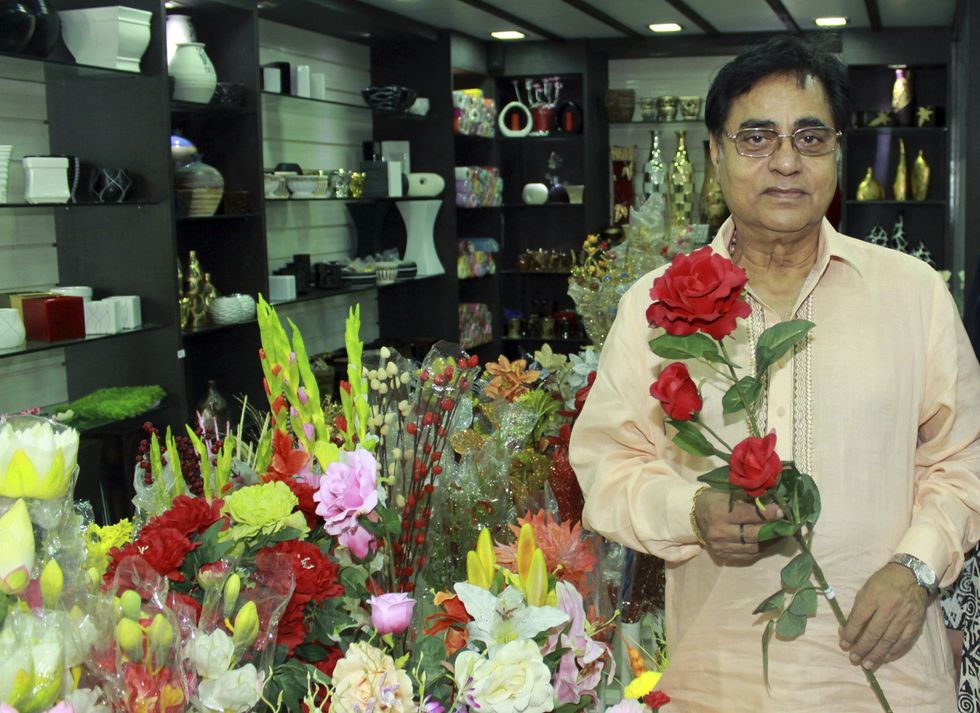
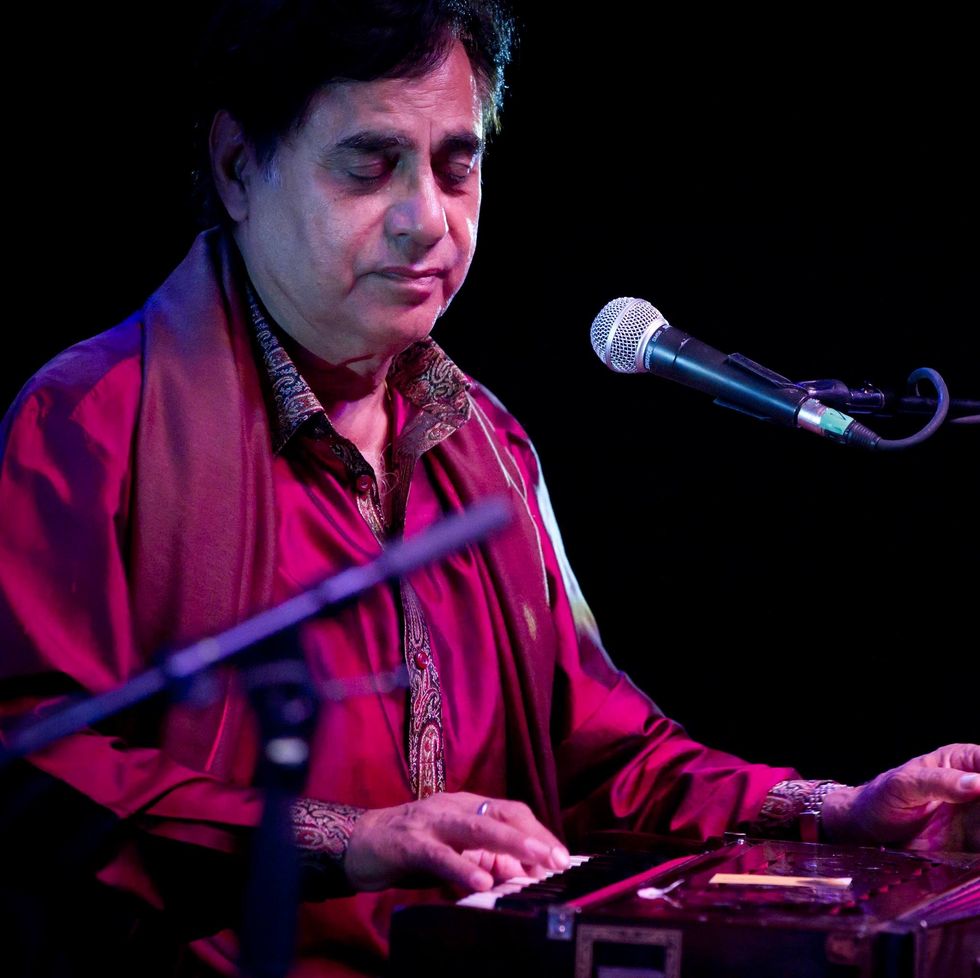

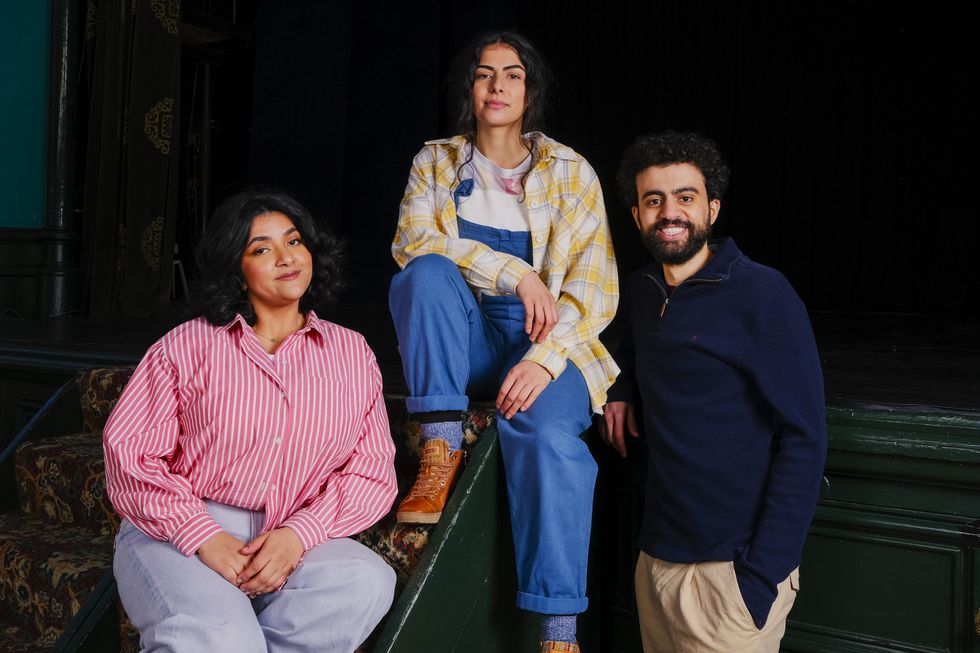 Sabrina Nabi, Kerena Jagpal, and Sayyid Aki, who portray Zoya, Leyla and Khalil, respectively, in Community
Sabrina Nabi, Kerena Jagpal, and Sayyid Aki, who portray Zoya, Leyla and Khalil, respectively, in Community
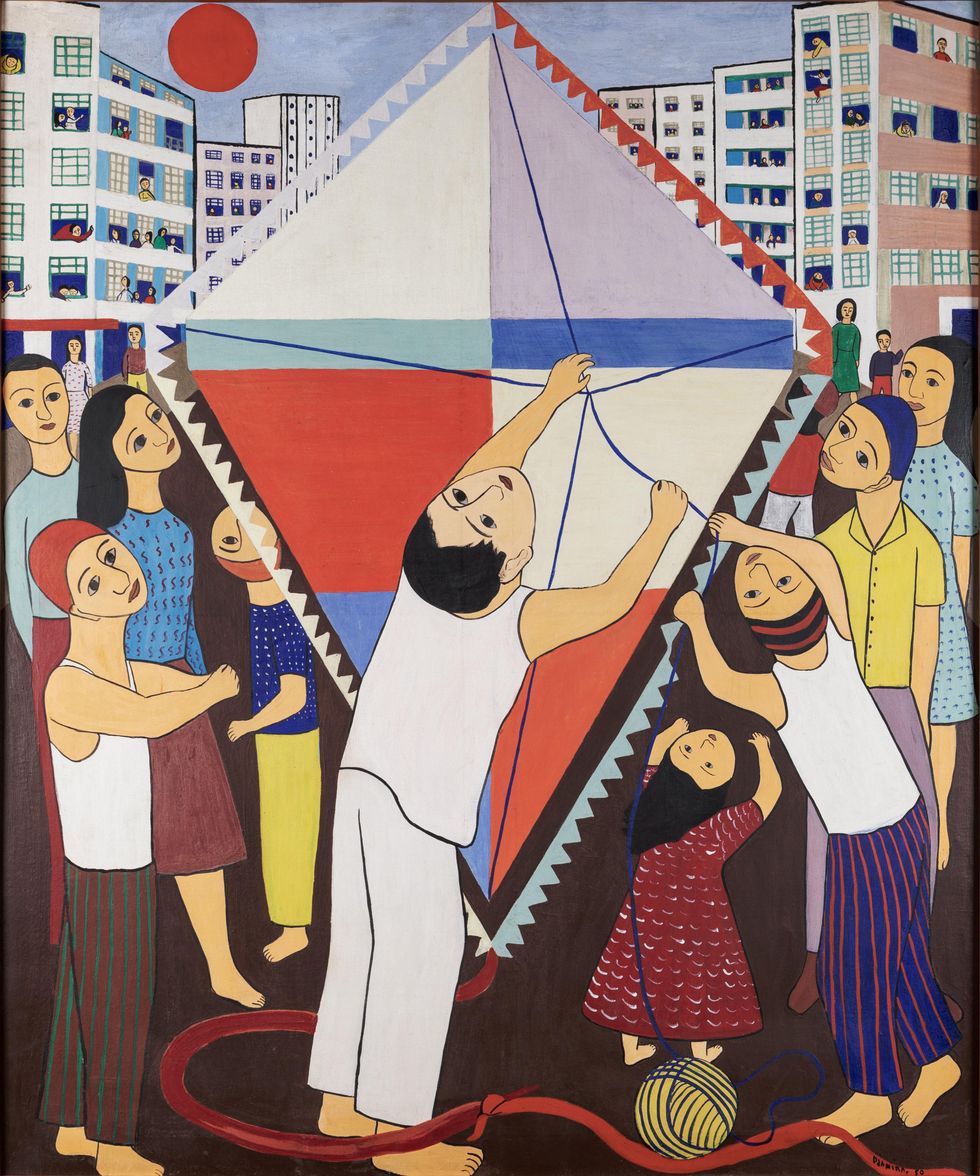 Flying a Kite (1950) by Djanira
Flying a Kite (1950) by Djanira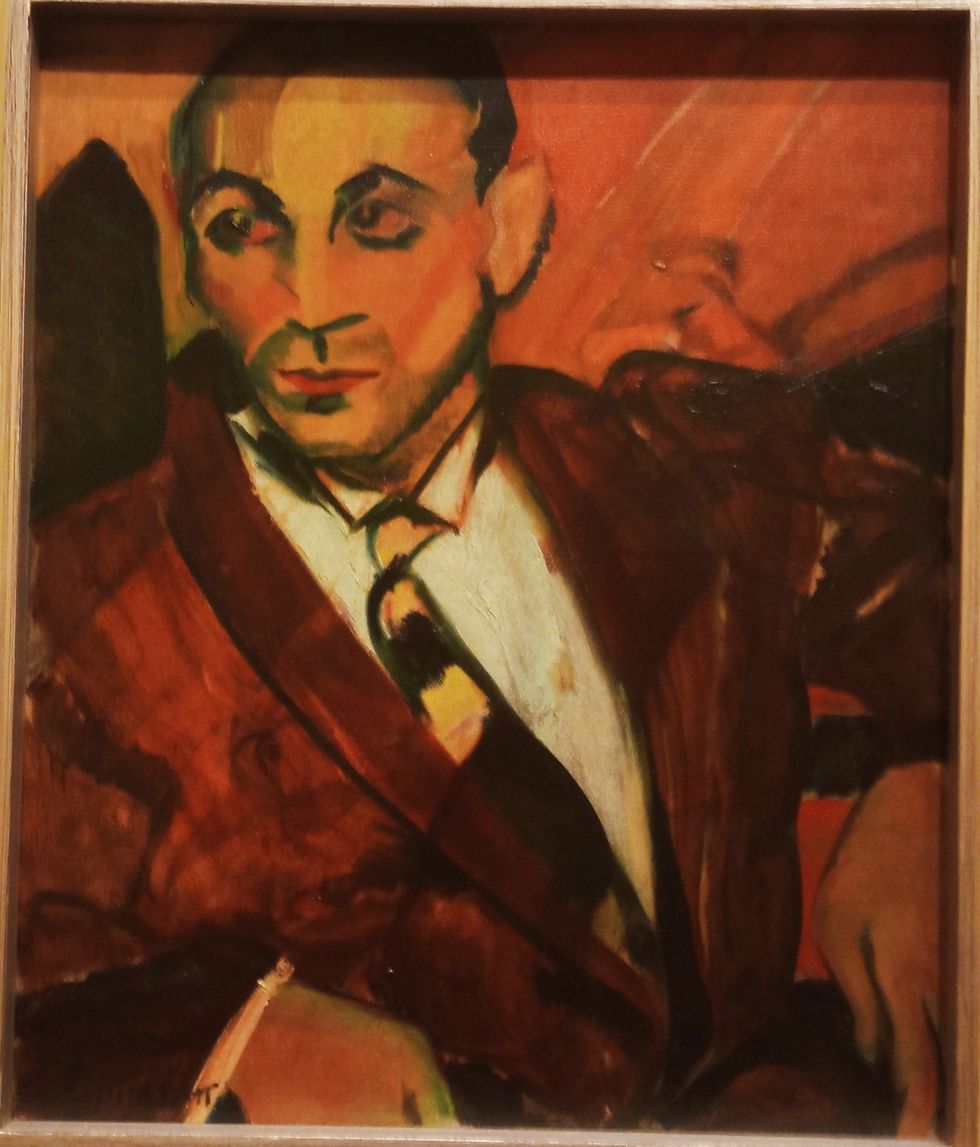 Yellow Man (1915/16) by Anita Malfatti
Yellow Man (1915/16) by Anita Malfatti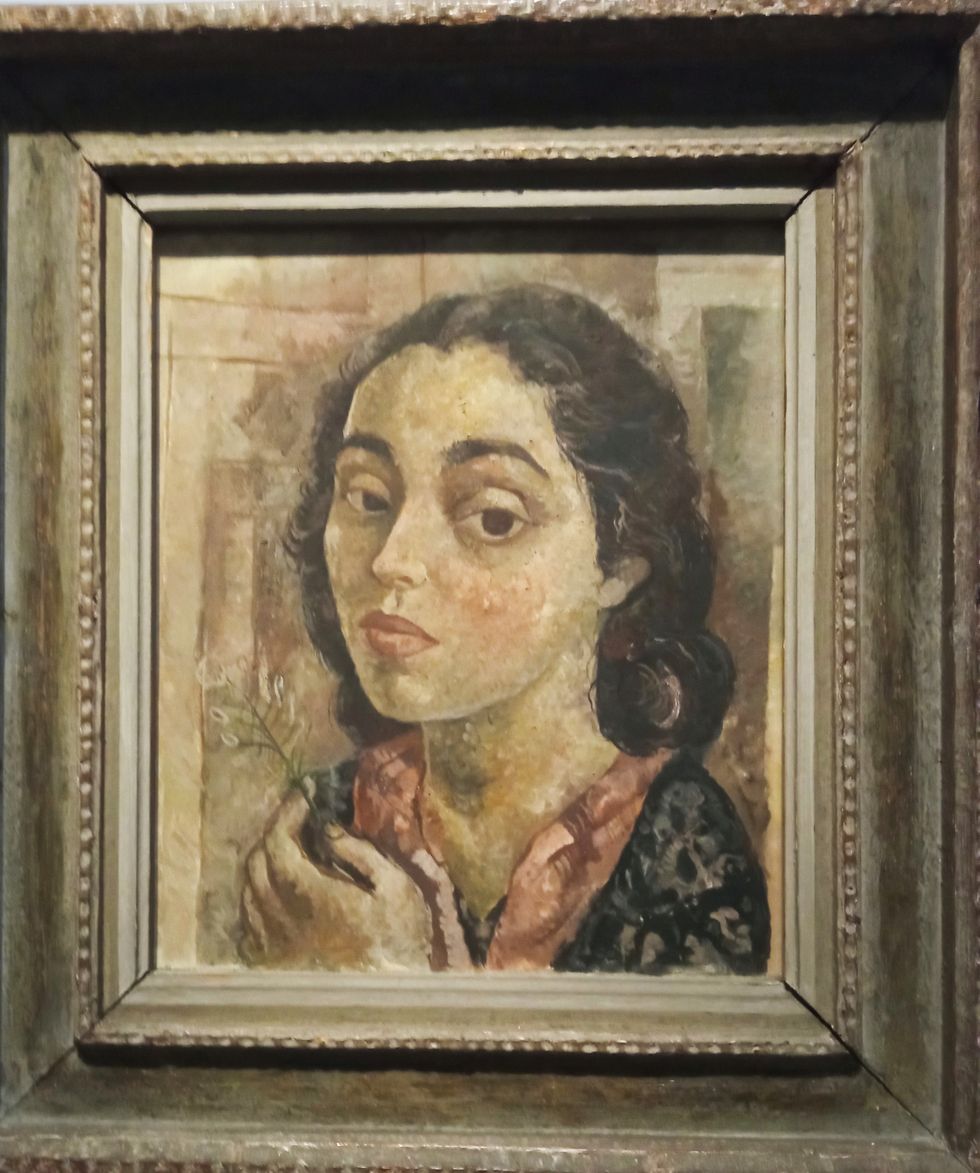 Lucy with Flower (1939-42) by Lasar Segall
Lucy with Flower (1939-42) by Lasar Segall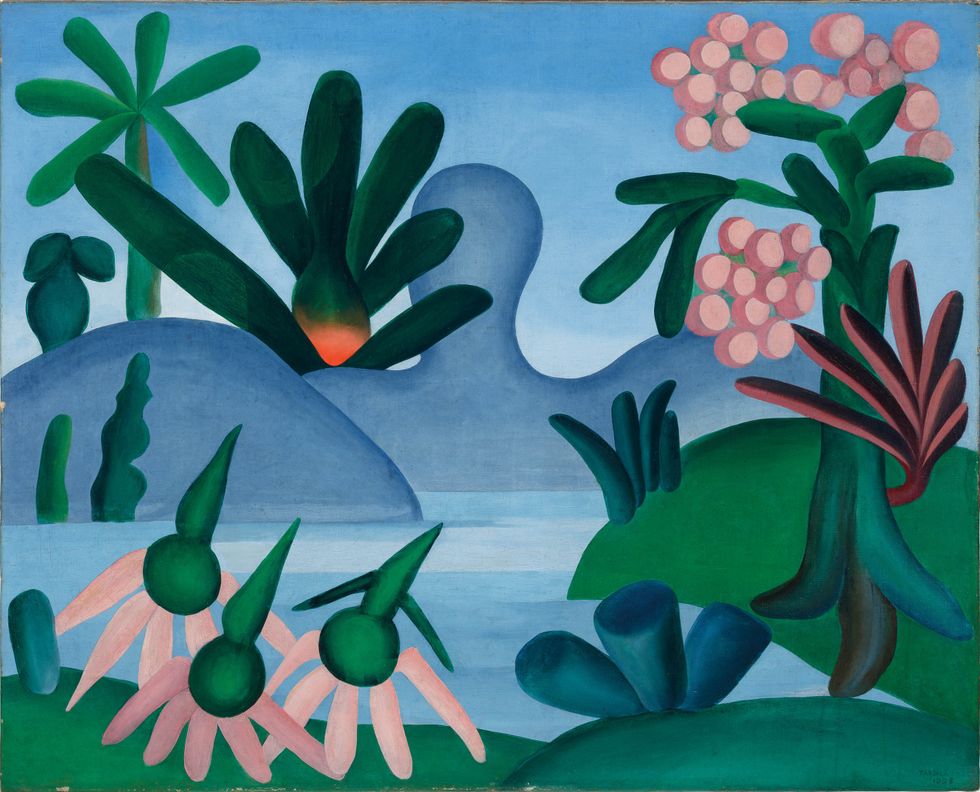 Lake (1928)
Lake (1928)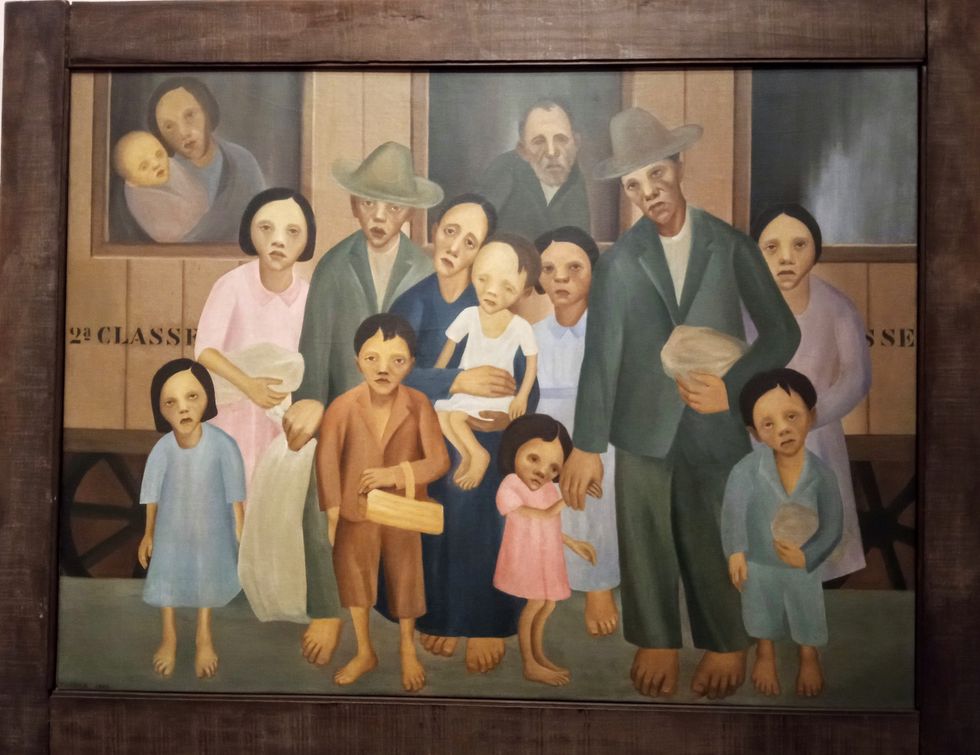 Second Class (1933) by Tarsila do Amaral
Second Class (1933) by Tarsila do Amaral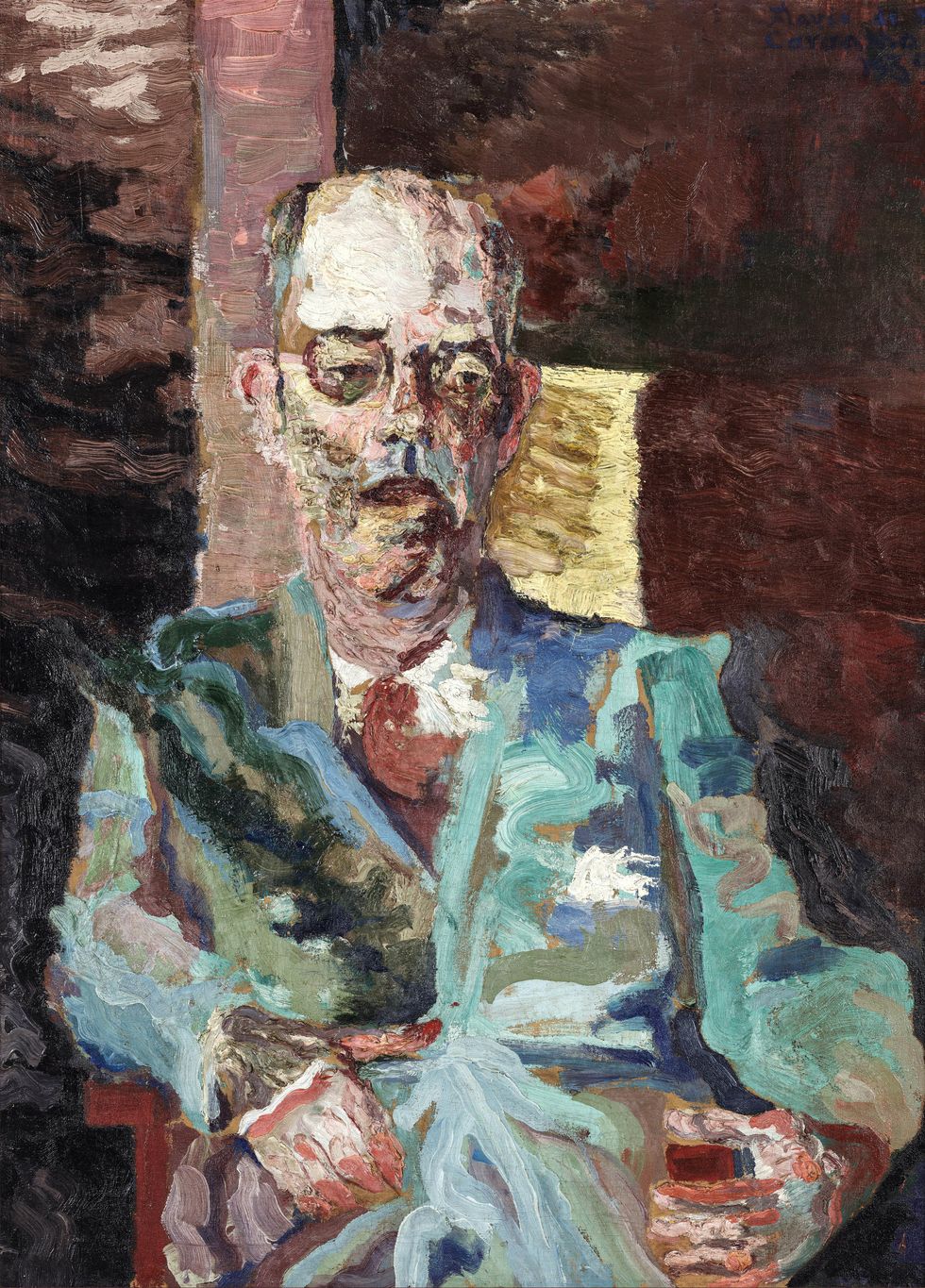 Mário de Andrade (1939) by Flávio de Carvalho
Mário de Andrade (1939) by Flávio de Carvalho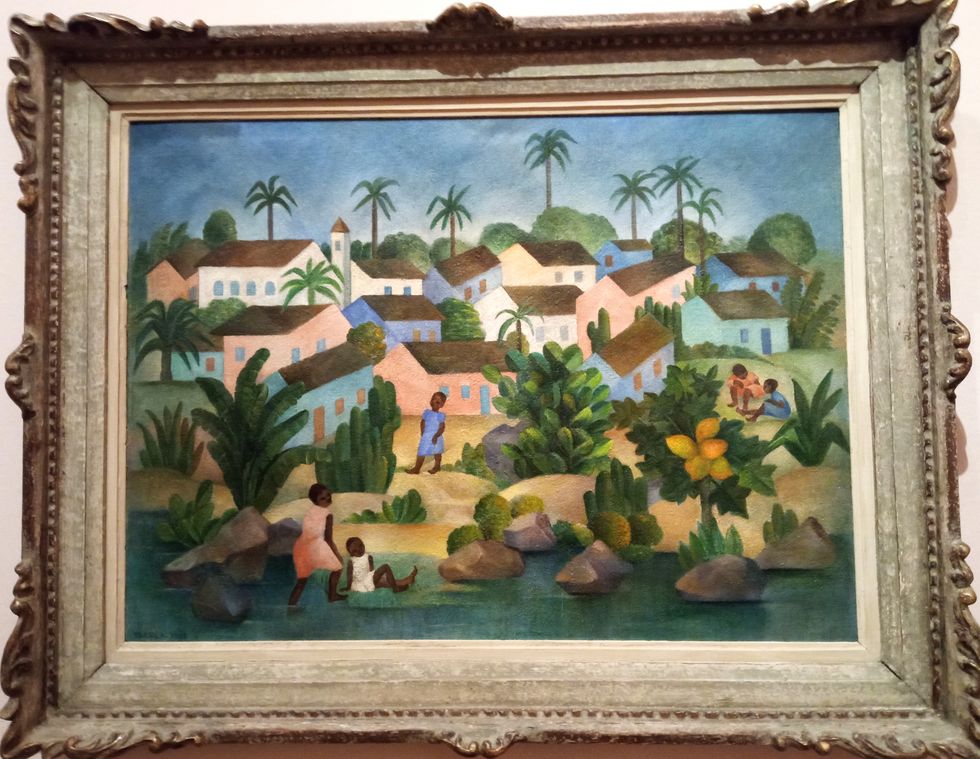 ,Settlement I (1952) by Tarsila do Amaral
,Settlement I (1952) by Tarsila do Amaral
 Nair with Tom Brittney and Robson Green in a poster for the show
Nair with Tom Brittney and Robson Green in a poster for the show